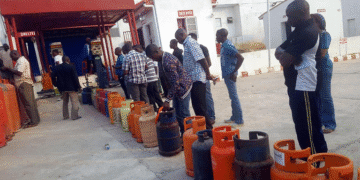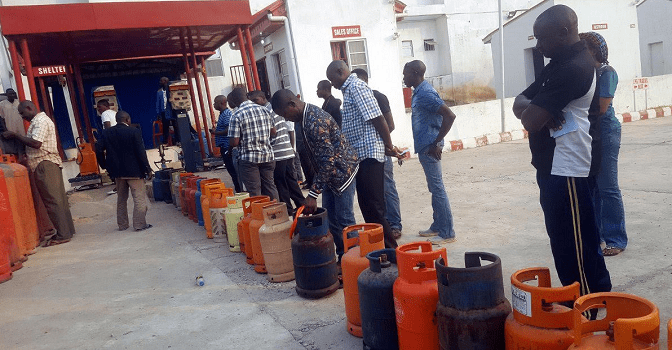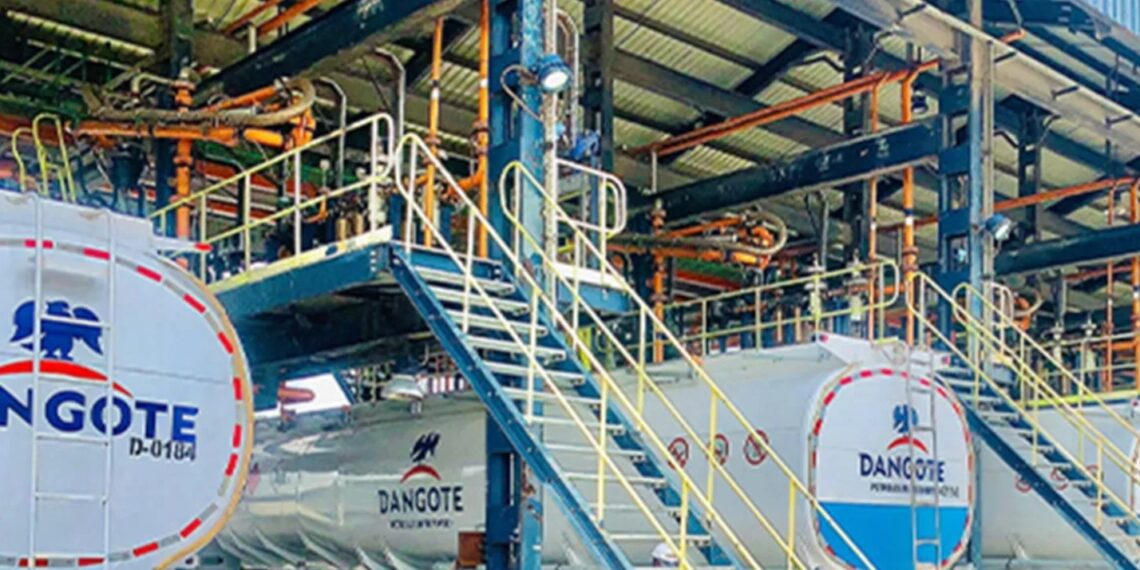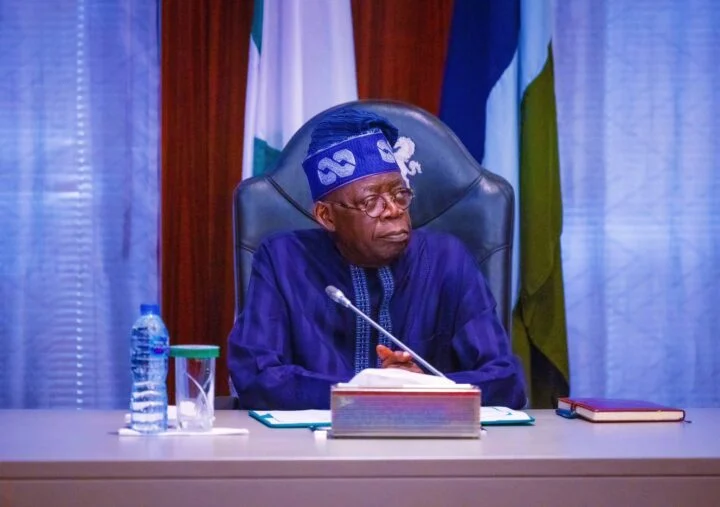Bayo Ojulari, Group Chief Executive Officer (GCEO) of the Nigerian National Petroleum Company (NNPC) Limited, has attributed the recent surge in liquefied petroleum gas (LPG) prices, popularly known as cooking gas, to the recent strike by the Petroleum and Natural Gas Senior Staff Association of Nigeria (PENGASSAN).
Recall that families in Lagos and other parts of the country have been thrown into confusion following worsening scarcity and soaring prices of cooking gas.
According to TheCable, several retail outlets around Amuwo Odofin sold 12.5kg of gas for ₦26,000 (₦2,080 per kg).
At the Iyana Ipaja axis, the same quantity went for ₦27,000 (₦2,200 per kg).
In Abuja, the product was sold at ₦20,000 per 12.5kg cylinder (₦1,600 per kg) around the Dutse area.
The new price marks a 48.57 percent increase from the previous ₦17,500 for a 12.5kg cylinder.
Many residents lamented that numerous filling stations and gas plants had exhausted their stock, leaving only roadside vendors selling at inflated prices.
The sudden scarcity has caused widespread frustration among consumers, with long queues forming at the few gas plants still operating.
A Lagos resident told Nairametrics: “I’ve never seen a cooking gas queue in my entire life, not even during Abacha’s brutal regime. This is the first time.”
Addressing State House correspondents after visiting President Bola Tinubu, Ojulari explained that the price hike was caused by operational disruptions during the PENGASSAN strike.
The union had directed its members to begin a strike over the dismissal of 800 workers from the Dangote Refinery, but the matter was later resolved following federal government intervention.
Ojulari stated that the industrial action halted loading and distribution for several days, resulting in an artificial spike in prices.
“The increase you saw was relatively artificial because for the period of the strike, movements and loading were delayed by about two, three days,” he said.
“And because of that, you see that impact. As things return back to normal, it takes some time for distribution to be fully restored.”
Ojulari also accused some retailers of exploiting the temporary supply disruption to inflate prices.
“As you know, in Nigeria, people take opportunity. With that delay, some of the people that had existing resources and reserves had to put up the price,” he said.
“My expectation is that now that things are back to normal, prices should return to what they were before the strike.”














